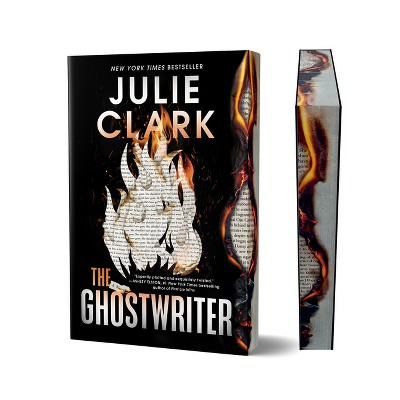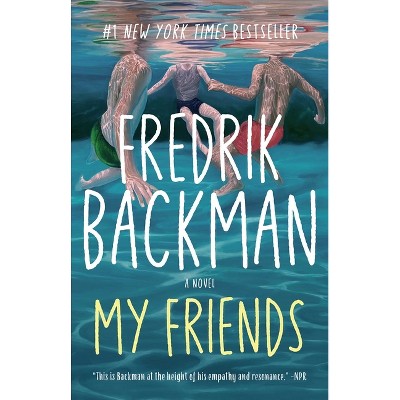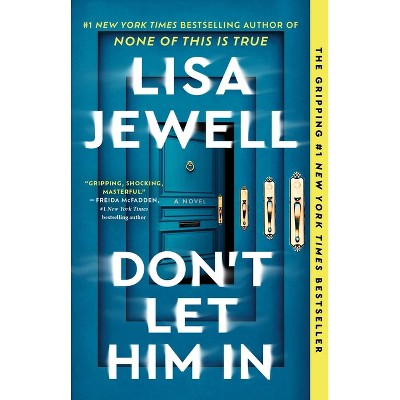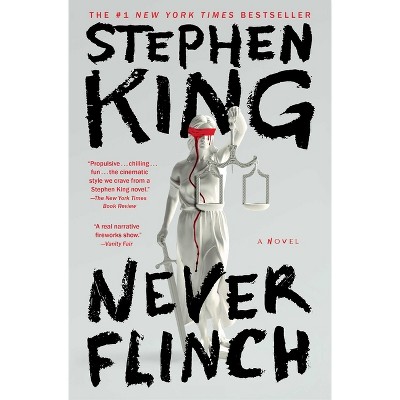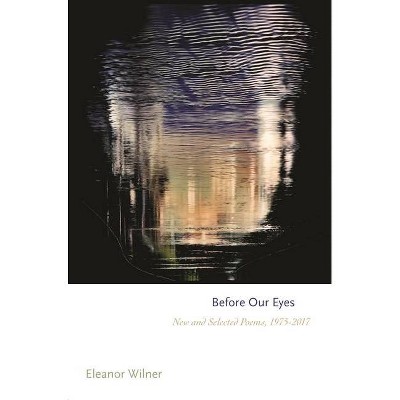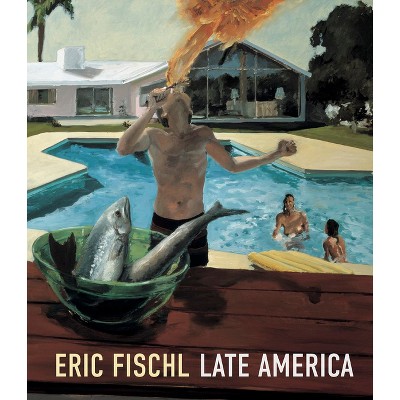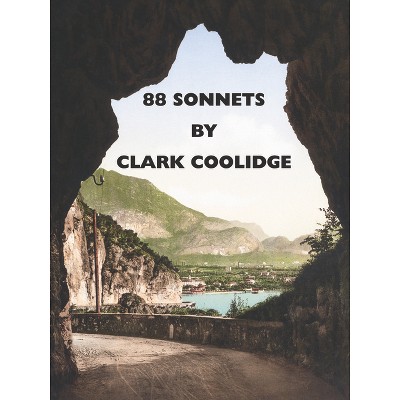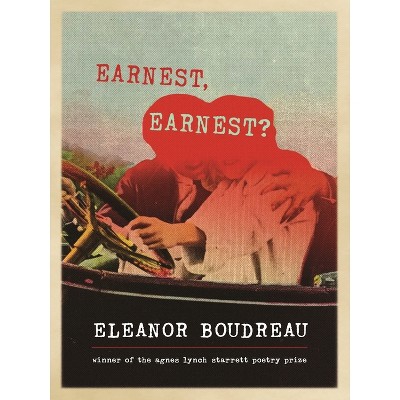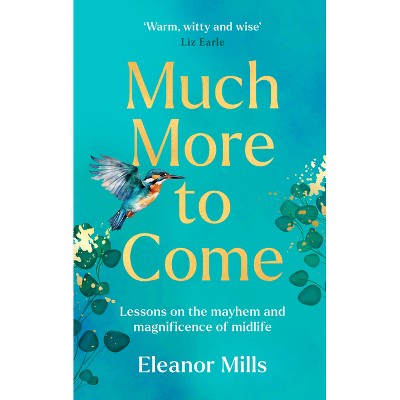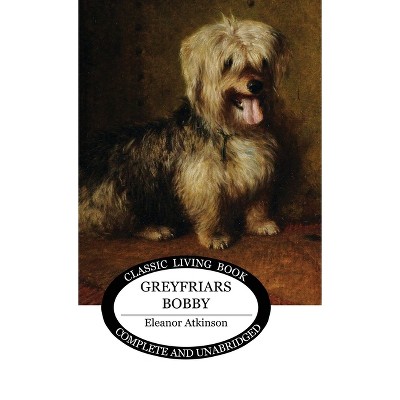Sponsored

The Strange Wondrous Works of Eleanor Eleanor - (Fence Modern Poets) by Kathryn Cowles (Paperback)
Pre-order
Sponsored
About this item
Highlights
- The Strange Wondrous Works of Eleanor Eleanor by Kathryn Cowles was selected for the 2025 Fence Modern Poets Series Prize.Eleanor Eleanor and Kathryn Cowles were spooled side by side like thread until Eleanor abruptly disappeared.
- About the Author: Kathryn Cowles's third book of poems, The Strange Wondrous Works of Eleanor Eleanor, won the Fence Modern Poets Prize and will be published in December of 2025.
- 116 Pages
- Poetry, Women Authors
- Series Name: Fence Modern Poets
Description
Book Synopsis
The Strange Wondrous Works of Eleanor Eleanor by Kathryn Cowles was selected for the 2025 Fence Modern Poets Series Prize.
Eleanor Eleanor and Kathryn Cowles were spooled side by side like thread until Eleanor abruptly disappeared. In the wake of Eleanor's leaving, Cowles lovingly compiles her unspooled residual poetry, full-color collages, and captions into this exquisite "fossil record," this ekphrasis-turned-on-its-head "partial catalog."
In Kathryn Cowles's deliciously innovative third book, Eleanor lays bare the depths of the confines still facing women in Western life, even while we're told we're free to choose. She affixes wings to feminine figures cut out of magazines, asks, is there a way beyond? A way to real freedom, to a femininity that looks and acts however we choose? Cowles opens the door for readers to imagine new beings far beyond persona, who might sit at the same table of the invented authors in Fernando Pessoa's world. In her introduction as editor, she writes:
"Eleanor Eleanor and I were born in the same place in the same month in the same year, and though we veered apart now and then (she liked to wander, to live in the back of a bad car, to waitress somewhere for a month or work a season on a farm), we always found our way back into each other's company before long. But it has been more than a year now, and it's never been a year. She's just gone. And where? Everyone always wants to know...
Some artists are excellent executors of their own fiction. Like so many women before her, Eleanor Eleanor was not. But she did write things down. She sometimes said that her art works did not feel actually finished when she finished them.
This partial catalog, then, is an anti-chronological selection of her writings, which I found loosely shuffled on her otherwise cleared-off desk--a desk I never saw previously cleared in all the years I have known her, which is to say pretty much always. Seemed like a sign. On top was an otherwise blank notecard with my name on it."
Review Quotes
"Especially urgent now is an imagery that does not flicker, transient overcrowded in transience, but, rather, an imagery that flies and an impassioned language of ascent, like wings, that makes of imagery emblems of liberation and of a further, lovelier humanness. Kathryn Cowles has reinvented the ekphrastic principle and given it velocity. The results are visionary in the most immediate sense of that word." -- Donald Revell
"In lyrics of unerring precision, we watch Cowles "stitch and double stitch" the elusive outline of an artist's life. These inventive poems, arranged like exhibits in a surreal retrospective, ask important questions about women's creative production, giving us a detailed view of the intimate accoutrements of such work--hairpins, cardstock, layers of lacquer, and of course, poetic language. From these "various evidences" and across the visual "poem-collages" and other verse forms, Eleanor takes astonishing shape. This is a marvelous read." --Kiki Petrosino
"At first, this series seems like it might be true ekphrasis, poems in which the speaker identifies profoundly with the subject of the art she is ostensibly describing ("Pregnant Belly. Eleanor Eleanor. Encaustic and pencil on paper. 2017"; "Moon. Eleanor Eleanor. Oil on canvas. 2018"). But the lists of materials in each poem's title, as though copied off a museum's placard, grow more and more improbable ("Arrow, bathtub, boot, bow, bowling ball, catapult ... tissue-paper flowers, tuning forks, volcano"), or vague ("Yarn, yarn-covered things"). Faux ekphrasis, then--even Keats' Grecian urn, I've heard, was a composite--and these artworks are really only verbal, projections of the poet's mind, evoking paintings or sketches or sculptures or elaborate conceptual installations: "...and the fake lava flows into a water wheel, which turns and turns, and the turning untwists a 50-foot length of rope from around a pole high above the crowd, out on the end of a crane..." The conceit of these witty and moving poems allows the poet/speaker to externalize obsession; what we read is a gallery of ways to view a pregnancy, a motherhood, a miscarriage. Each is a kind of self-portrait ("I grew every which way. My pregnant belly had its own elbows."), a description through negation ("This painting has no moon to see in it ... What of moon there is in this painting / one has to see some other way ... and this painting has a baby in it, a baby / and a lake behind her that you can't see"), an attempt at preservation ("I suspend / the miniature package with red silk thread / over my side of the bed / so my miniature, miscarried baby / and everything I've wrapped around her / can haunt me properly"). This is poignant, captivating, often exquisite work." --Elisa Gabbert, from the citation for the Poetry Society of America's Alice Fay Di Castagnola Prize for a Manuscript in Progress
About the Author
Kathryn Cowles's third book of poems, The Strange Wondrous Works of Eleanor Eleanor, won the Fence Modern Poets Prize and will be published in December of 2025. Poems from this project won the Poetry Society of America's Alice Fay di Castagnola Manuscript-in-Progress Award, and collage-poems from the project were part of a solo exhibition at the Solarium Gallery in Geneva, NY. Other books include Maps and Transcripts of the Ordinary World (Milkweed Editions) and Eleanor, Eleanor, not your real name (Bear Star), which won the Dorothy Brunsman Poetry Prize.
Her poems and poem-photographs have been published in Best American Experimental Writing, Boston Review, Colorado Review, Diagram, Free Verse, Georgia Review, New American Writing, Verse, the Academy of American Poets Poem-a-day, and elsewhere. She earned her doctorate from the University of Utah and is an associate professor of English at Hobart and William Smith Colleges in the Finger Lakes region of New York, where she directs (rotating) the Trias Residency for Writers and co-edits the Beyond Category section of Seneca Review.
Shipping details
Return details
Trending Book Pre-Orders


